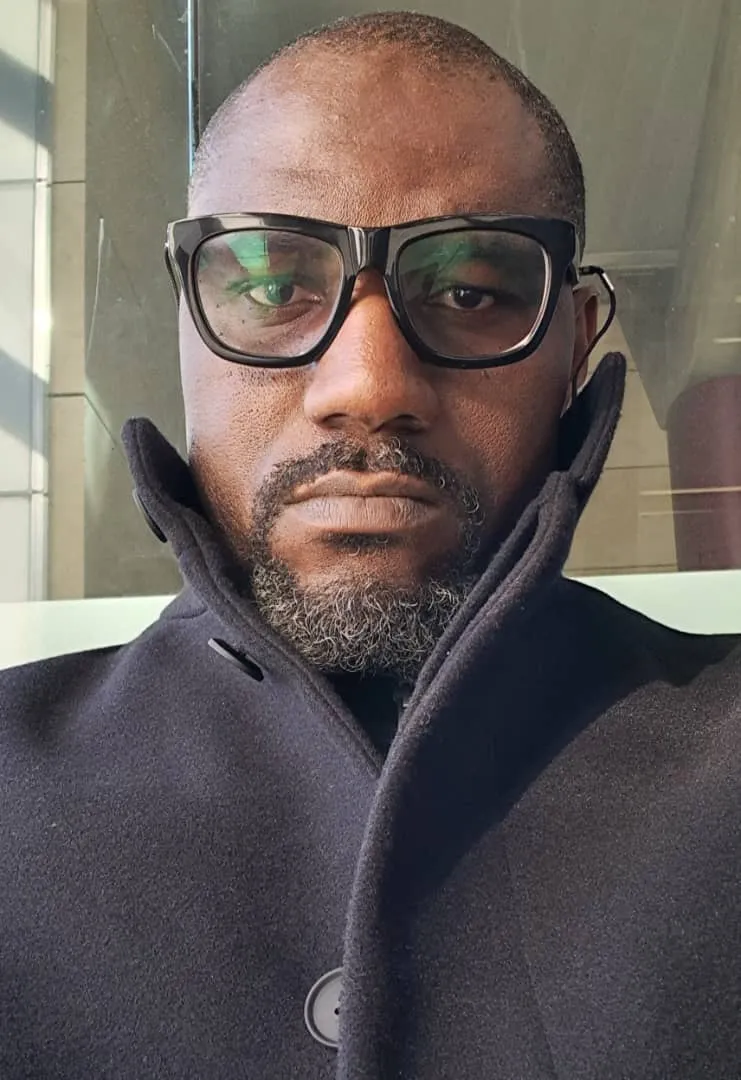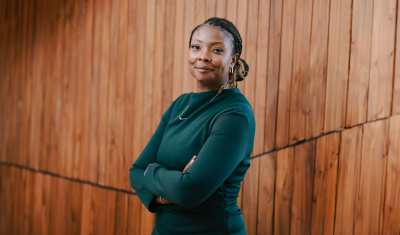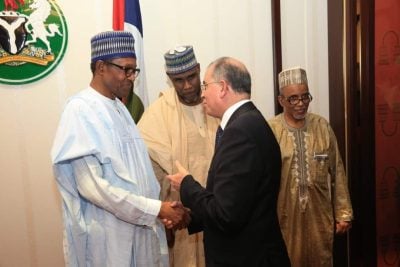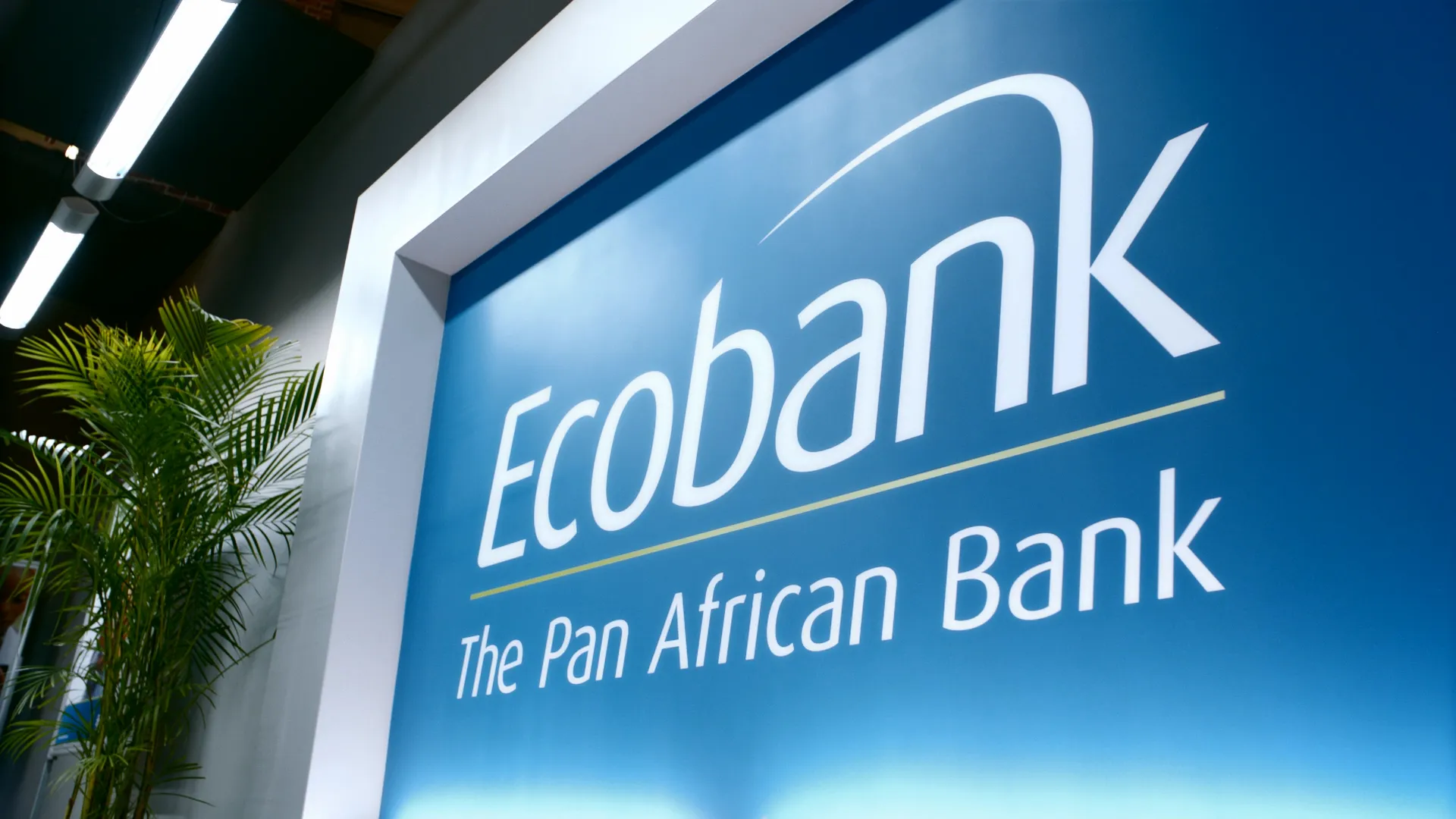
Jeremy Awori has the contemplative demeanour of a don.
He speaks with the confidence and clarity of a man who is used to making complex things sound simple. He begins by summing up and reflecting on his second year in the saddle as CEO of Ecobank.
“It has been very active, very exciting and very busy, and I think what has been great is firstly just travelling around the continent, just seeing the extent of our impact; where we’re busy and doing business, and the extent of the commitment of Ecobankers around our purpose, which is really around financial inclusion, financial integration, and supporting trade and economic growth in the markets we’re in.”
To extend the analogy and show his ability to simplify complex concepts, let us consider the GTR agenda, shorthand for the bank’s Growth, Transformation and Returns strategy.
“We’ve constructed our strategy. We’ve got our board to support it. We’ve started executing that strategy and now we’re starting to see the momentum really building.
“We are excited that we’re starting to see the shoots of that strategy coming up. It’s a journey. I think we’re starting to see the build-up of momentum. Especially if you look at quarter one, we’re starting to see the revenue bumping up, which means it’s even faster in constant currency terms. The profits are even picking up speed in 2024. So at least that’s encouraging. The environment from an impairment perspective is also a little bit more stable. We’ve got some pockets of challenges, but we continue. That’s the nature of banking.”
Going to the markets
For all his exterior calm, the CEO of Ecobank can be bullish when it comes to the business of banking and raising funds; the bank tapped the Eurobond market twice in less than six months. Are Panda (Chinese) and Samurai (Japanese) bonds on the horizon.
Awori does not rule anything out.
“We remain dynamic. We took a chance to go into the market after nobody had been since 2021. People were like, are you sure? Are you going to be able to raise the funds? And we went in for $300m, $350m, and we got $400m because we only needed that. So, there was an opportunity to raise a little bit more in line with our needs…So we remain open.”
On July 9, Ecobank announced that it had launched a $250m private placement to strengthen its capital which will take the form of issuance of Additional Tier 1 capital securities.
“You heard at the AGM that we’re going for Tier 1, which is a different form of capital. That will allow us to be able to do certain things in the business. I’m sure at the right time we will make the right moves.”
The bank’s next move, he suggests, will be determined by an analysis of the market, a consideration of the opportunities and close reading of geopolitical realities.
“We look at the markets. If you remember, we were still going through the consequences of Russia-Ukraine, so there’s a lot of geopolitical moves,” he explains. “Even now, there’s still a bit of uncertainty around what some of the current geopolitical moves are going to mean for Africa, especially in the US.”
Filtering out the noise
How does he tune out the noise when these challenges rear their heads? Awori says a laser focus on how best to serve the customer is the key.
“What do the customers need, how do we provide services to them? If we can provide better services, better solutions, better products – at the right value and price – then they will come on board. So, we are constantly tracking indicators – we look at customer numbers, customer use of our products. Do they use us for everyday banking? What products are they using for us? Are they just doing simple transactions? Are they borrowing from us? Are they doing FX with us?”
He converts these insights into new products for the bank’s customers.
“We’ve launched a mortgage and a wealth management business in Côte d’Ivoire. And we’ve got several others that will be launching. We’ve got new apps that are even better, even smoother, and easier to use because we’re thinking about user experience.”
“And on the corporate side, we’ve restructured our corporate business to be even more client-focused. Our trade, cash management business is doing well. Our structuring business is doing well. Our EDC, which is our wealth management business along with advisory business is doing well.”
Awori says the product expansion is underpinned by a focus on the bank’s cost-to-income ratio.
“What we do is we benchmark ourselves. I’ve always said that I think a nice cost-to-income ratio is sort of in that mid-40s. But in terms of the short-to-medium horizon, we would like to get to under 50%. I think that would be strong when you compare it against our peer group. Then given the diversity of countries we have and the complexity of those countries, when you convert it into dollars that would be very credible and we hope to get there soon, but we’ll keep pushing to be more efficient as we go forward.”
AI transformation
Growth and returns are easy to track but transformation is a different animal. What will transformation look like for Awori and how will he be able to measure that?
“The bank will look very different in three years. Just to give you an idea, we’ve re-organised my team. We’ve reorganised the consumer and commercial bank by bringing them together. They were two separate businesses.”
“We’ve reorganised the corporate investment banking business, where we’re looking at how optimally we can set up our technology to provide services and solutions. We’re re-organising ourselves around customer segments. So, it’s a customer focus supported by products. And now we’re also looking very much at AI. How does AI transform, not automate? We’re looking at how this changes the way we do business because with generative AI. You can do things in a fraction of the time that you could do them before. So you’ll be seeing a business that is fundamentally changed.”
Awori is fifty-four years old, but when he talks about AI, cloud computing and technology-driven growth, he betrays the zest of a millennial.
“When we look at transformation, we’re not looking at small incremental things, even though we’ll keep doing those. I’ve just come from a workshop in the US on AI. What they’re doing is incredible. And it’s going to be a challenge for us to just keep up with that extent of change, but I think it’s also equally exciting.”
Soon after our conversation, Ecobank announced a partnership with Google. The bank’s strategic partnership with Google Cloud is expected to deploy AI and cloud technology to transform digital banking across over 33 African countries. According to the bank, the collaboration is “aimed at transforming financial services with advanced analytics and AI and driving digital empowerment across Africa. Through this collaboration, Ecobank plans to leverage Google Cloud’s cutting-edge technology to deliver innovative payment and remittance solutions that are frictionless, secure, and universally accessible, empowering individuals and businesses across the continent and beyond.”
Working with fintechs
Another technological priority is working closely with fintech companies who are disrupting the African payments and banking markets.
Awori prefers to see them not as competitors but collaborators.
“Fintechs need to work with banks. So, what we are doing is offering ourselves as the bank of choice for fintechs and tech companies. So, it could be Eedutech, it could be healthtech, it could be agritech. They still need bankers who understand their model.
“FinTechs play in the payment space, so we support them on the back end. They are fintech companies but the engine propelling them is an Ecobank engine. When you talk about card issuance and some of the payments system, we are the ones providing the infrastructure that they live on. If you look at the Pan-African Payment and Settlement System, in many of the PAPSS countries where they’re not present, we are the rails upon which PAPSS is running.”
“And then also we use our centralised IT platform. So, you want to go and take your business say across 10 or 15 countries. Come and plug into us centrally. We can take you to those 10 or 15 countries in one swoop. If you go to any other bank, you have to go to each of those countries and negotiate. We are creating a system which allows them to expand and take their products and services across. That’s why we’re not restricting it only to fintech.”
“We all co-exist, we all need one another, but at the same time we’re also competing to a certain extent. And I think fintech is the same. I think that it’ll be interesting to see how they evolve over time.”
Forty years of banking
Awori initially trained as a pharmacist, but banking soon became his calling and he worked around the world before taking the helm of Ecobank at a crucial moment in its 40-year history.
“I have travelled and worked around the Middle East and the whole of Africa. So, I think that gave me the experience and the confidence to be able to move into this. But what attracted me here is the Pan-African nature of the business. It’s a Pan-African bank. Africa is the strategy. For the other international banks as we’ve seen, Africa is a much smaller part of the business whereas for us it is our business. And what we are trying to do is to build a world class Pan-African bank run by Africans or people who are friendly towards Africa, and bringing that skill and delivering world class services.”
Ecobank reaches its milestone fourth decade this year, but while Awori says the occasion will be marked, he adds that it does not provide an excuse for the bank to rest on its laurels.
“Forty years is an important milestone for a pan-African bank because many companies don’t survive. So we are celebrating but it is not about celebrating and having a party. I think it’s about a time for reflection, it’s a time for us to see how we can work on new ways to deliver even greater impact across the continent. How do we drive that growth? How do we drive that impact? So, what I would suggest is just watch out for a series of activities that will be deeper and more meaningful. It’ll not just be one of those long nights where we decide to party ourselves away.”
Want to continue reading? Subscribe today.
You've read all your free articles for this month! Subscribe now to enjoy full access to our content.
Digital Monthly
£8.00 / month
Receive full unlimited access to our articles, opinions, podcasts and more.
Digital Yearly
£70.00 / year
Our best value offer - save £26 and gain access to all of our digital content for an entire year!

 Sign in with Google
Sign in with Google 



